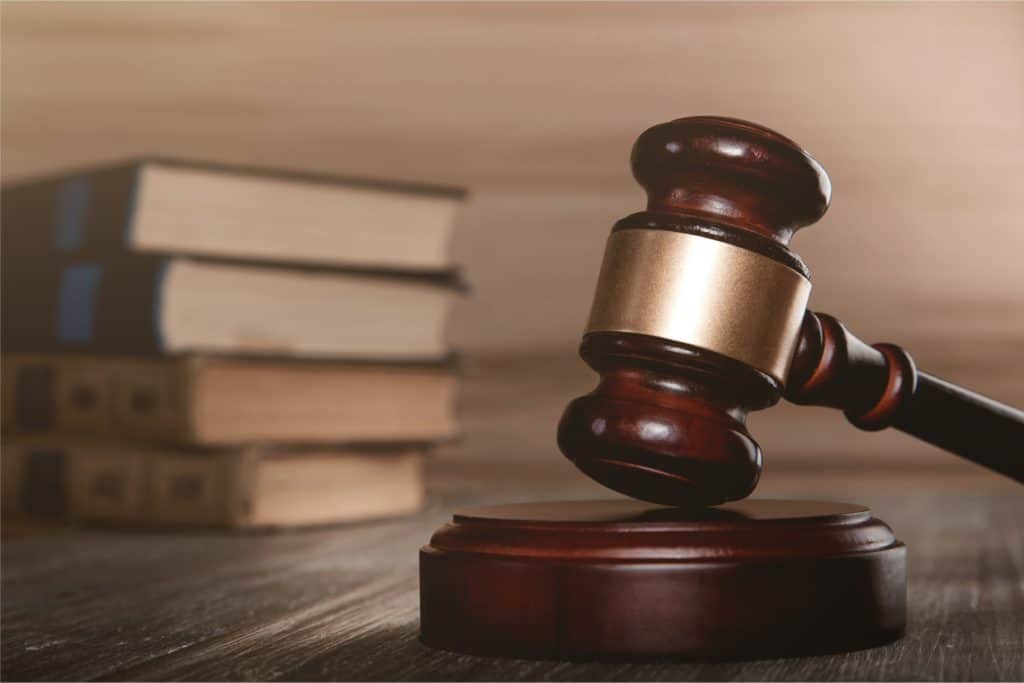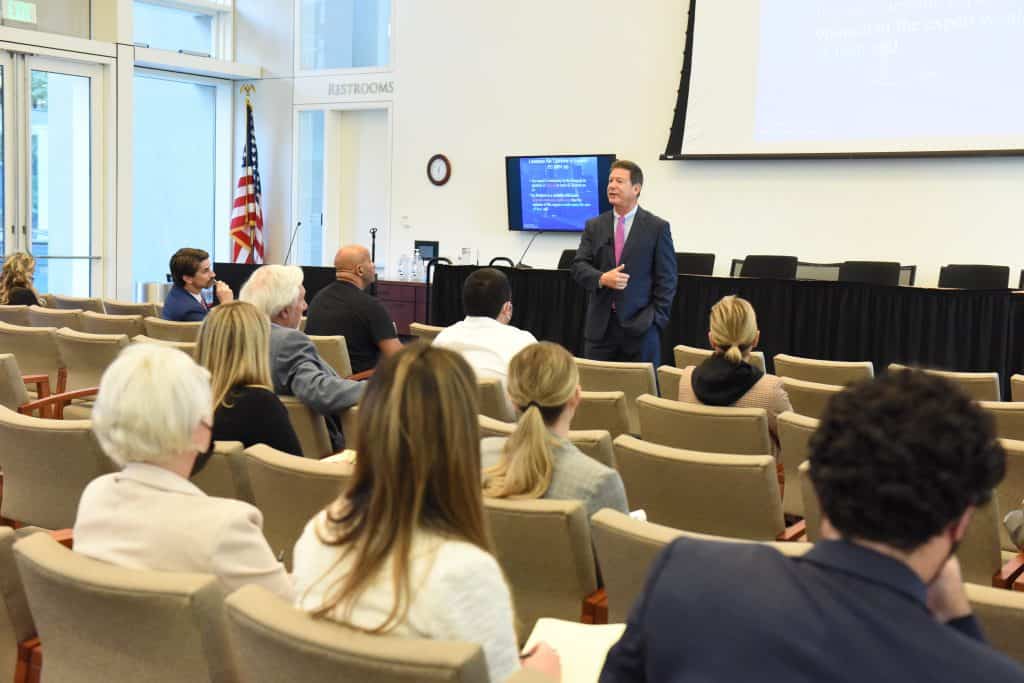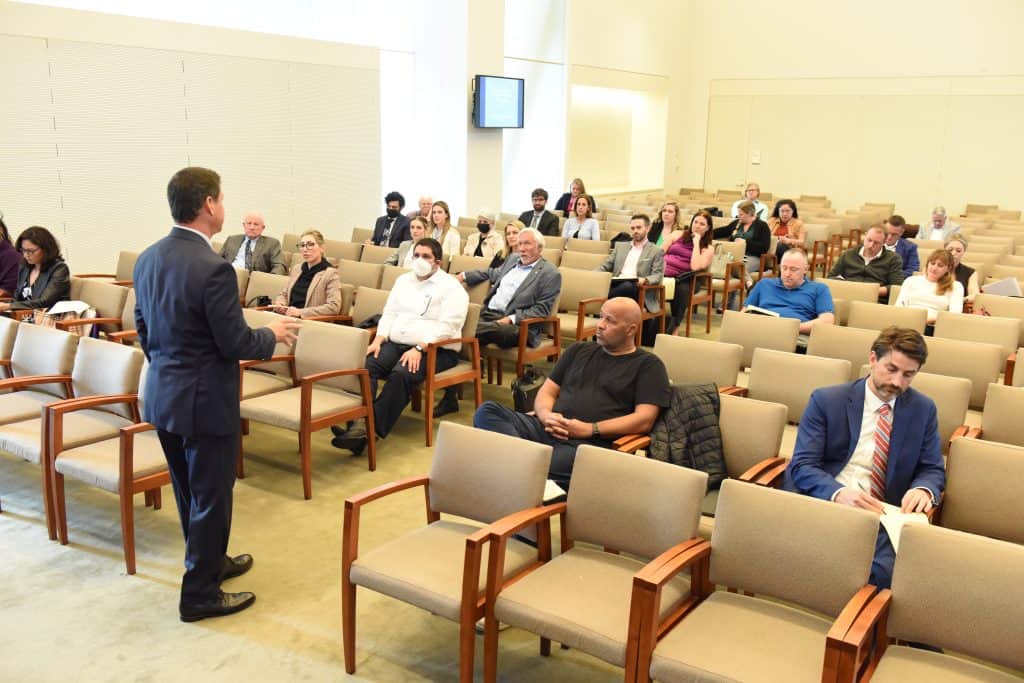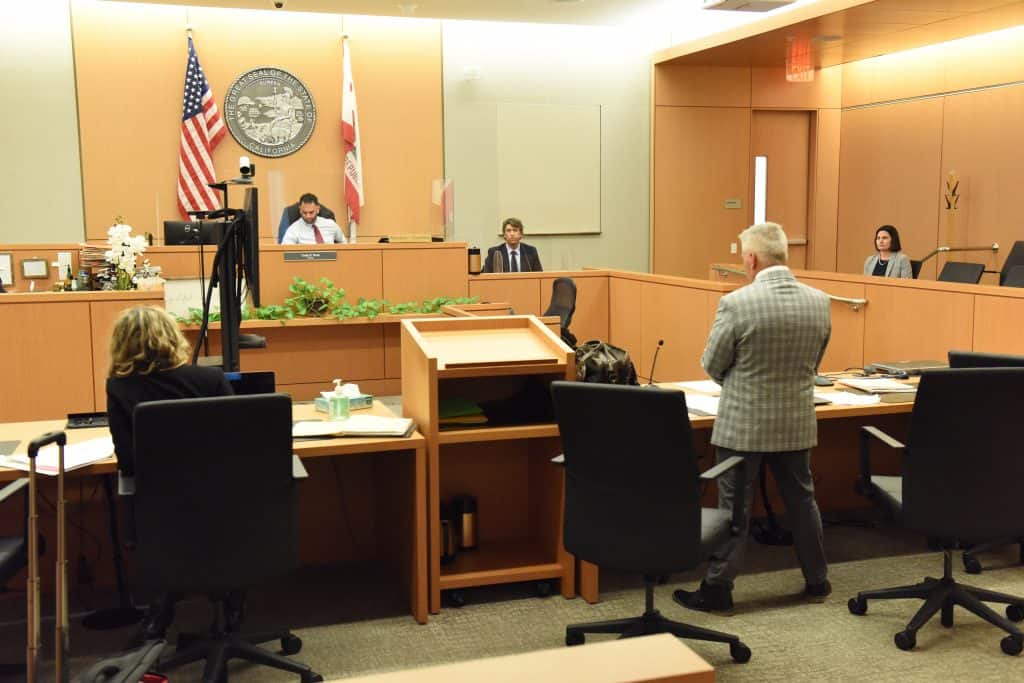A witness’s failure to recall a fact or event at trial is a common occurrence. Trial lawyers must master the mechanics of refreshing the recollection (memory) of a witness or risk foregoing the admission of valuable, relevant evidence. The following is a breakdown of the elements of refreshing the recollection of a witness and an exemplar script.
Cross-examination, whether by cudgel or scalpel, can be a powerful weapon to attack the credibility of your opponent’s case theory, witnesses and documentary evidence. However, often, too often, it becomes a liability due to poor planning or execution.
This article outlines the most common trial objections, including objections to the form of questions, objections to proffered evidence, and motions to strike.
EXHIBITS: ADMISSION OF “REAL” OR PHYSICAL EVIDENCE By Hon. Robert Trentacosta Introduction: The actual objects that are factually relevant to a case are called “real” or “physical” evidence. Examples include: the gun or knife used in the crime; the stolen jewelry; torn clothing, the shredded tire, the defective power saw, a fingerprint, or the fractured […]
EXHIBITS: ADMISSION OF DEMONSTRATIVE EVIDENCE By Hon. Robert Trentacosta Introduction: Admission of demonstrative exhibits into evidence is a critical skill for trial lawyers. Demonstrative exhibits, such as a photograph, map, diagram, model, anatomical drawing or organizational chart, help a juror visualize the testimony of a witness and lock the image into the juror’s mind. This […]
FIVE ESSENTIAL CONSIDERATIONS FOR EXPERT WITNESSES By Hon. Robert Trentacosta Introduction: Expert witnesses are seemingly ubiquitous in litigation. Cases that involve scientific, medical, technical or specialized evidence will almost always require experts to explain the evidence to lay jurors. Once you decide that you need an expert witness to prove your case, the following are […]
- « Previous
- 1
- 2
- 3
- Next »






